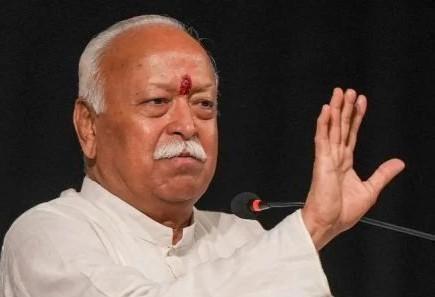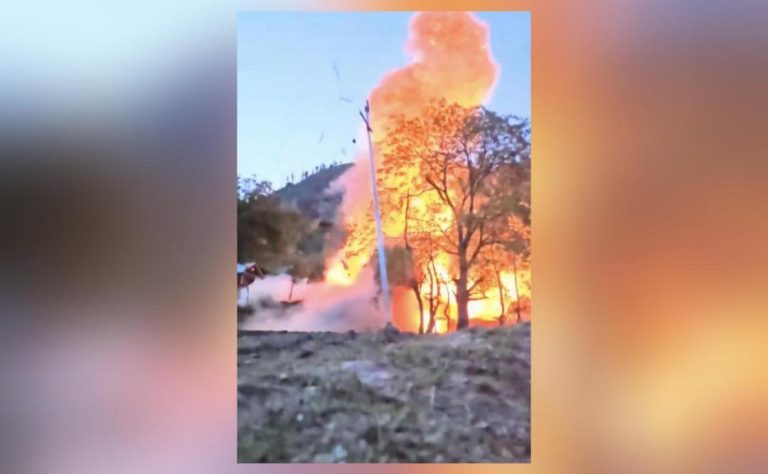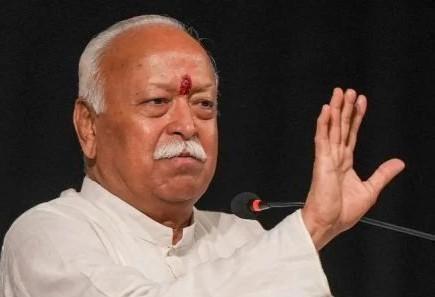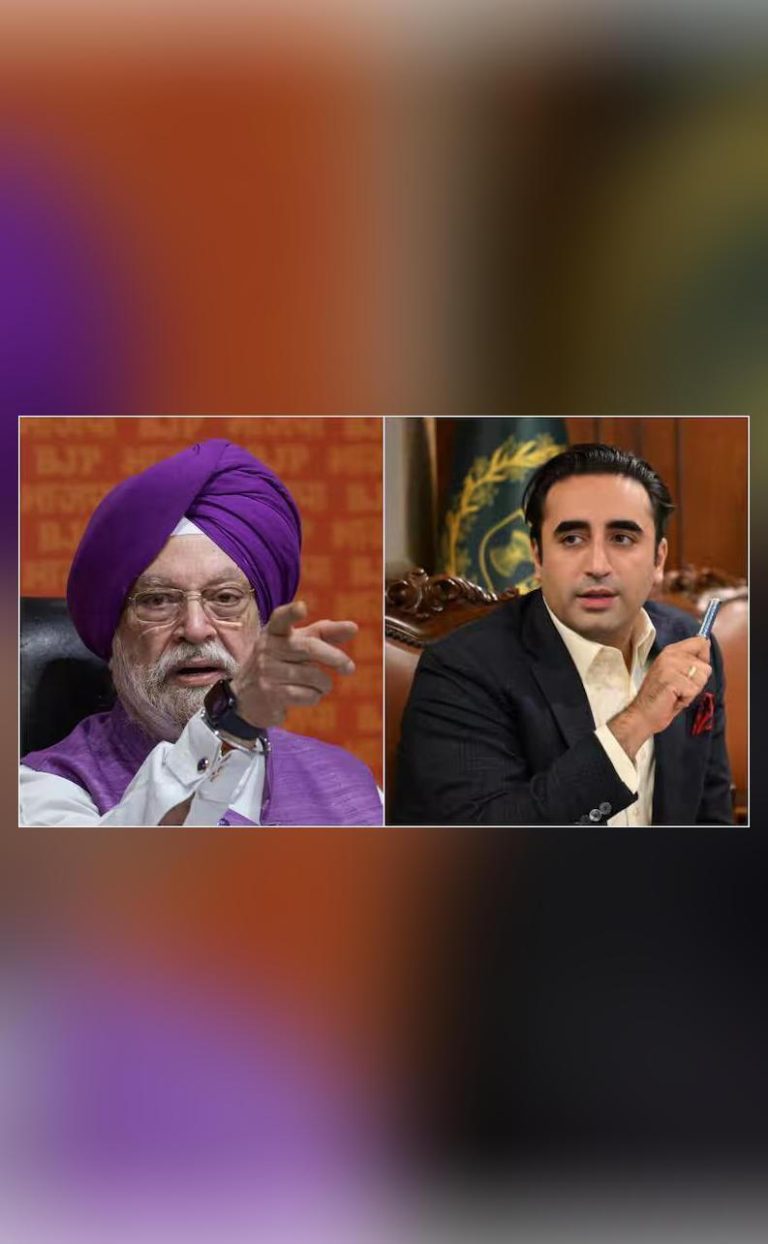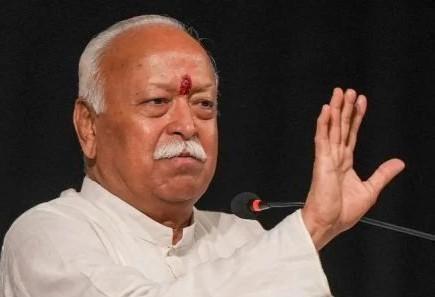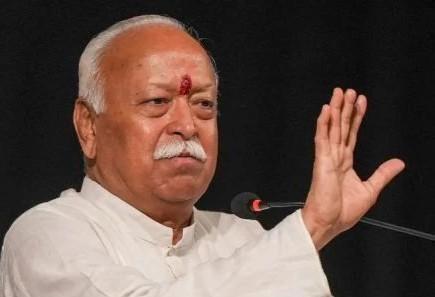
Title: If someone turns to evil then we’ll teach lesson: Bhagwat on J&K attack
In the recent terror attack in Pahalgam, Jammu and Kashmir, India has once again faced the brutal reality of terrorism. The attack has left many people injured and some even dead, which is an unfortunate and disturbing incident. In response to this incident, RSS chief Mohan Bhagwat has made a statement that has sparked a lot of debate and discussion. According to Bhagwat, non-violence is India’s religion, but so is teaching a lesson to “oppressors and hooligans”.
The statement made by Bhagwat has raised several questions and concerns among the people, as it seems to suggest that India may resort to violent measures to deal with those who are “bent on being evil”. This statement has also sparked a debate about the effectiveness of non-violent methods in dealing with terrorism, and whether India should adopt a more hardline approach to tackle the issue.
In an interview, Bhagwat explained that while non-violence is indeed an important part of Indian culture and tradition, it is not a one-size-fits-all solution. He emphasized that if someone is bent on being evil and harming others, then it is the duty of the authorities to teach them a lesson. This approach is rooted in the concept of “Rajdharma”, which is the duty of the king or the ruler to protect his people.
Bhagwat’s statement is a reflection of the sentiments of many Indians who feel that the country’s non-violent approach to dealing with terrorism has not been effective in the past. Many believe that the government has been too soft on terrorists and has failed to take strong action against them. This sentiment is particularly strong among those who have been directly affected by terrorism, such as the families of the victims of the Pahalgam attack.
On the other hand, there are those who believe that Bhagwat’s statement is a dangerous and misguided approach to dealing with terrorism. They argue that resorting to violence and teaching a lesson to terrorists will only lead to more violence and bloodshed. They also point out that the Indian government has a responsibility to uphold the rule of law and to protect the rights of all citizens, regardless of their background or religion.
The debate surrounding Bhagwat’s statement is also influenced by the political climate in India, particularly in the context of the ongoing elections. The Bharatiya Janata Party (BJP) and its allies have been accused of using divisive rhetoric and promoting hate speech in order to garner votes. Bhagwat’s statement has been seen by many as a further example of this kind of rhetoric, and has been criticized by opposition parties and civil society organizations.
In conclusion, Bhagwat’s statement on the Jammu and Kashmir attack has sparked a heated debate about the best way to deal with terrorism. While some people believe that India should adopt a more hardline approach and teach a lesson to those who are “bent on being evil”, others argue that non-violence is the only way to deal with terrorism. The debate is complex and multifaceted, and will require careful consideration and analysis in order to come up with effective solutions.
Sources:
Note: The article is based on the video provided at the link, and is an analysis of the statement made by RSS chief Mohan Bhagwat on the Jammu and Kashmir attack.
